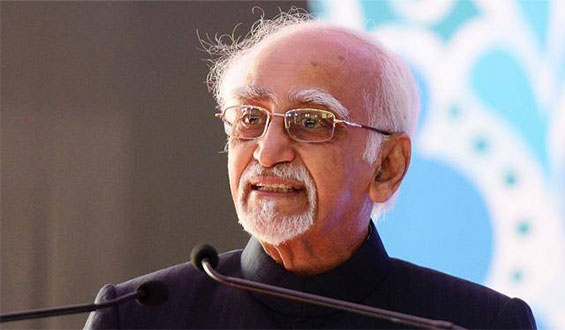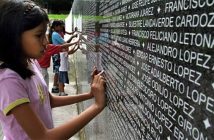
Indian Vice President Mohammad Hamid Ansari has announced that Kerala, one of the most literate states in India, has become the first Indian state to achieve total primary education.
Ansari made the announcement official during a ceremony at the Kerala University Senate Hall in Thiruvananthapuram.
“Kerala has become the first state in the country to achieve primary education. This has been achieved through the primary education equivalency drive of the state literacy mission – Athulyam. The equivalency programmes have proved a huge success and the ultimate objective is to achieve total plus-two education in the state,” said Education Minister of Kerala, P K Abdu Rabb.
Athulyam, the state’s literacy program, was launched in March 2013. Carried out in two phases, the program looked to offer an education to those who were previously unable to complete their primary education, writes Aashmita Nayar for The Huffington Post.
The second phase of the program will see those students who have not received a primary education be recognized and offered classes in order to advance their education as part of Mission 676 of the government, which was launched on its third anniversary. Students between the ages of 15 and 50 were found to be beneficiaries of the program through family registries that had been prepared by Anganwadis under the social justice program, in addition to ward-level surveys carried out by instructors of continuing education programs.
Of the 260,000 people to take the fourth standard equivalency exam in June 2015, 220,000 qualified. In all, 6,613 centers held the exams which had a qualifying score of 30/75 for English and 20/50 for all other subjects.
Also focused on were the poorer sectors, including the scheduled caste, scheduled tribe, and financially poor, as well as the physically and mentally disabled.
The importance of education in the state can be seen in it’s literacy rate, which, according to a 2011 government census, stood at 93.91%.
Schools and colleges in the country are typically run by the government, private trusts, or individuals. Schools are then associated with either the Indian Certificate of Secondary Education (ICSE), the Central Board for Secondary Education (CBSE), Kerala State Education Board or the (NIOS).
During British rule in India, education was thrust to the forefront by Christian missionaries who saw education as an opportunity to bridge class divides and offer more opportunities to women. Schools and churches often co-existed in the 19th century.
Like other countries and states, Kerala continues to face education funding challenges, with progress having slowed as the education sector has expanded. Primary and basic education continues to be strong, with high participation rates and very low dropout rates that form the basis for the state’s high literacy levels.
Kerala has, however, experienced a drop-off in secondary education participation, with roughly 7 out of 10 students who begin 1st Standard reaching 10th Standard, and lackluster results on the state’s matriculation examination — all of which are expected to improve in the long-term as schools in Kerala equip its citizens with basic education.




